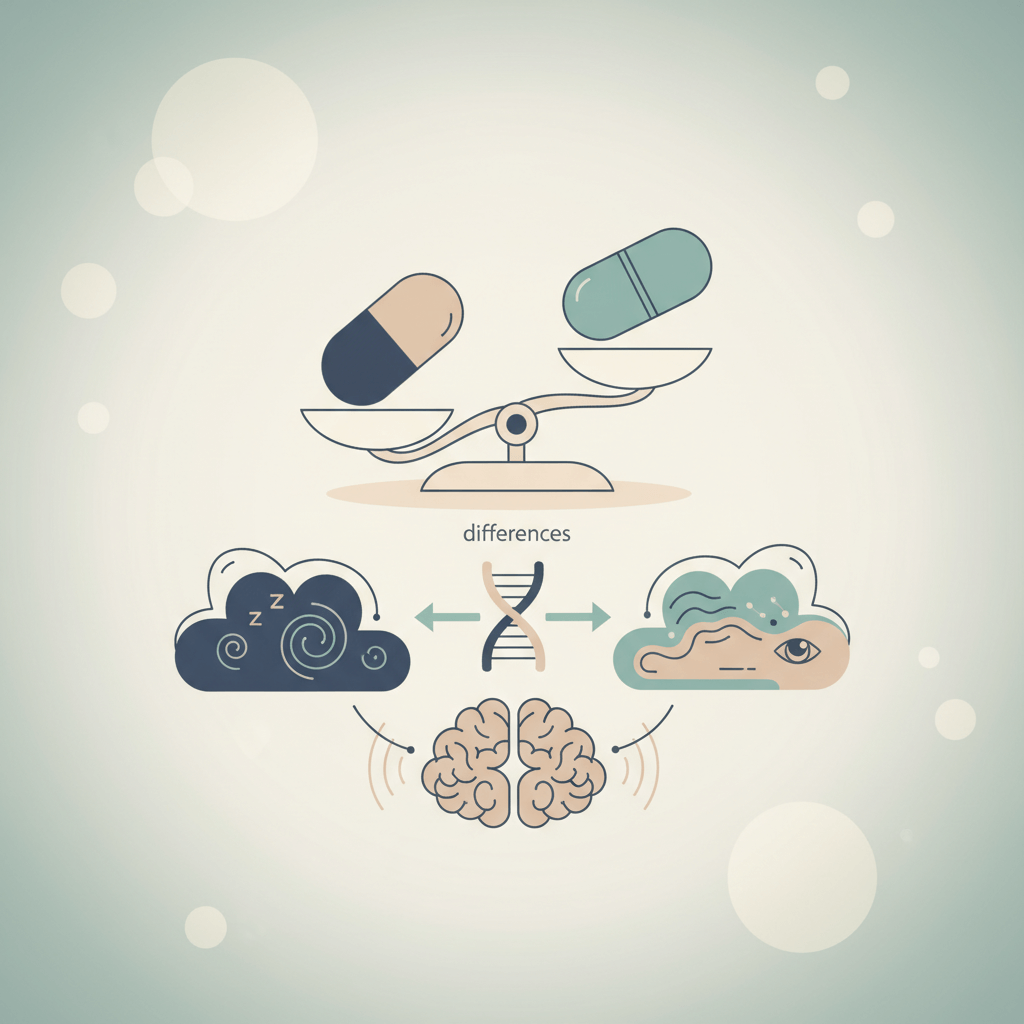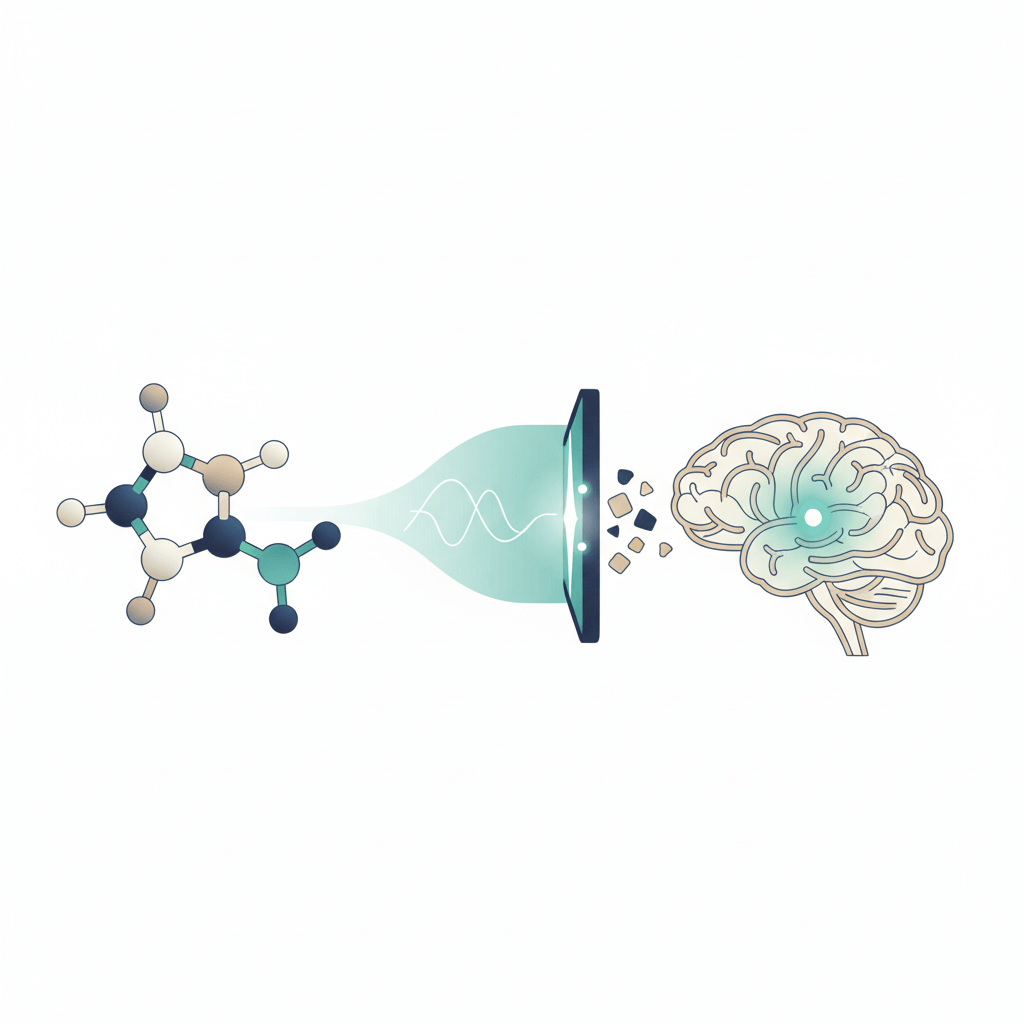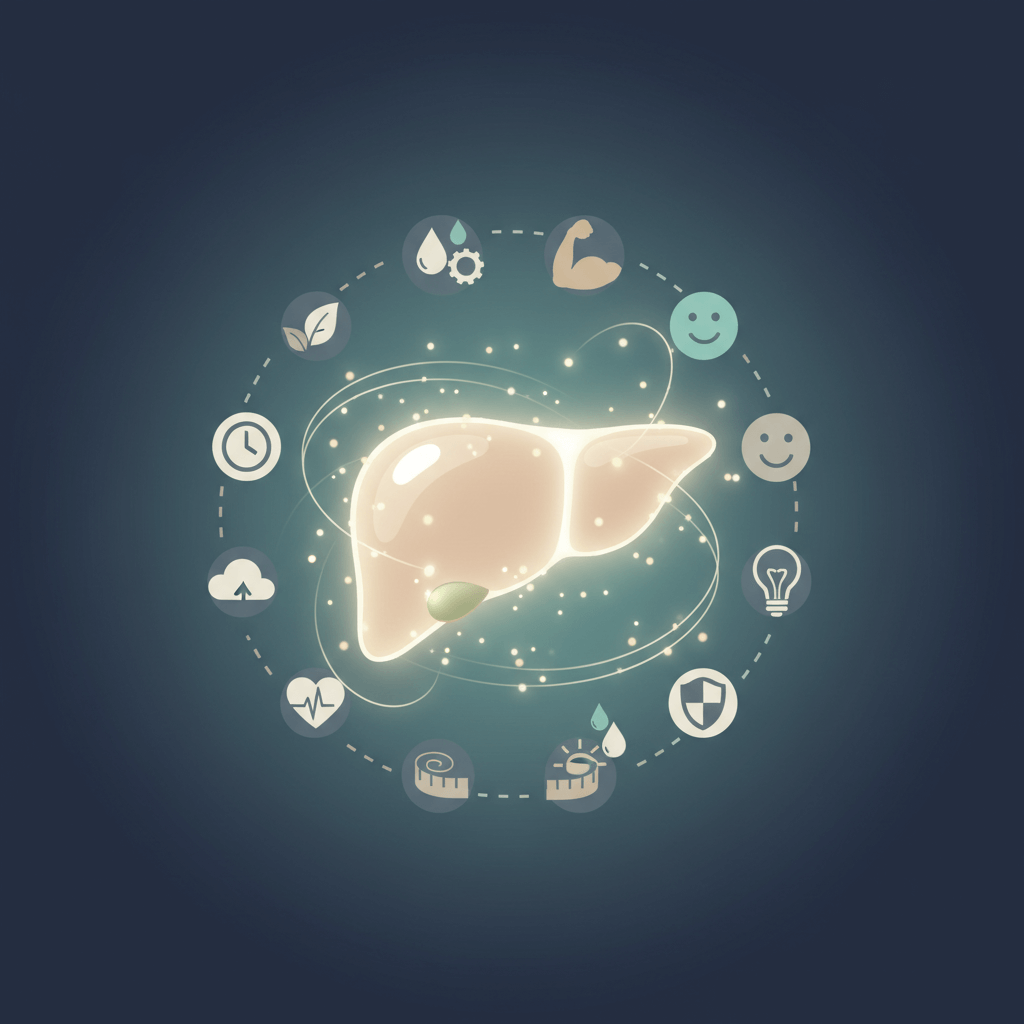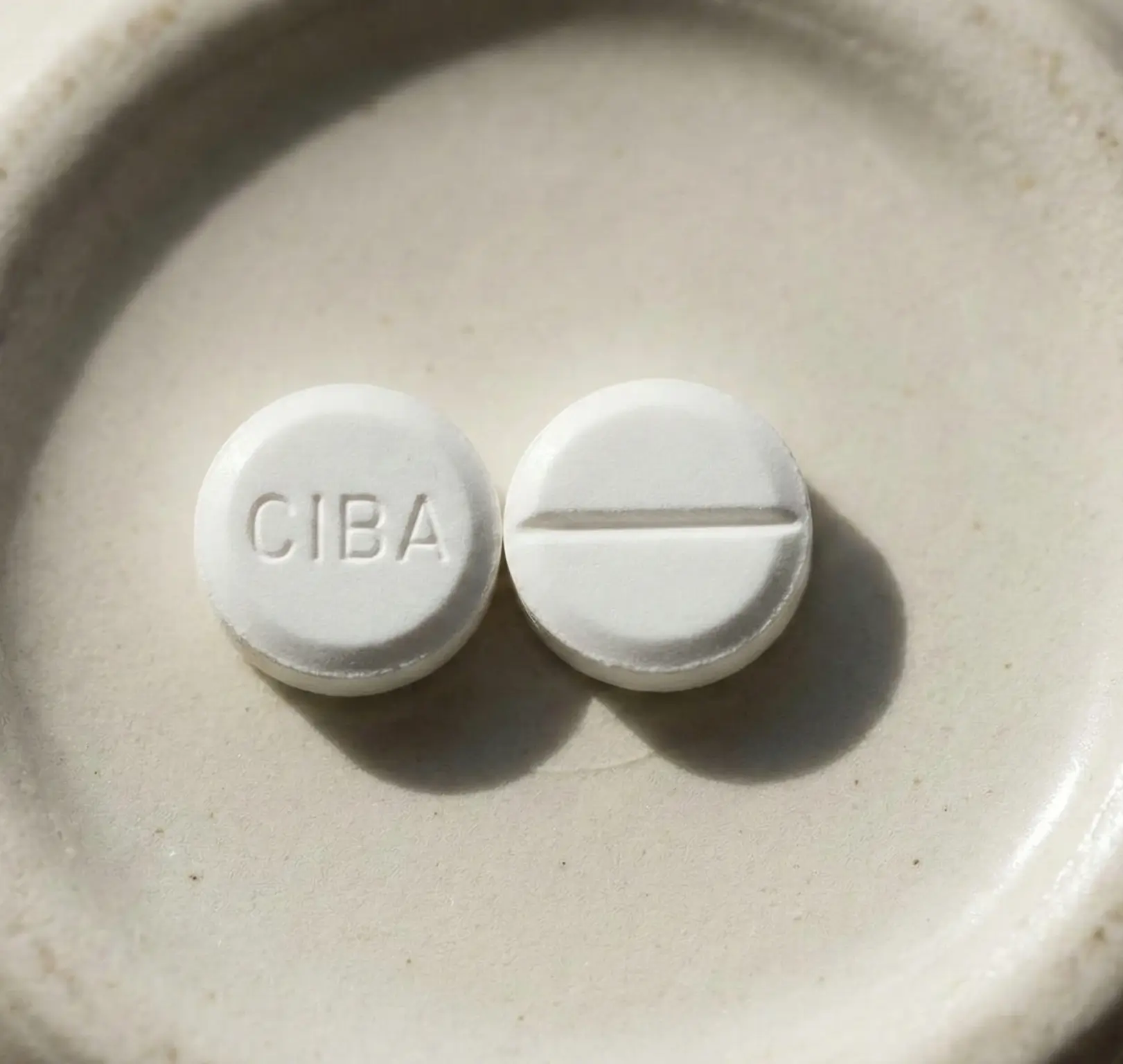Macrobid and Alcohol Interactions
Macrobid is a commonly prescribed medication used to treat bacterial infections such as urinary tract infections. It is an antibiotic that is taken orally and is typically prescribed for a period of 7-14 days.
Many people wonder if it is safe to drink alcohol while taking Macrobid. In general, it is not recommended to consume alcohol while taking any medication, as alcohol can interfere with the effectiveness of the medication and can increase the risk of side effects.

What is Macrobid?
Macrobid is a brand name for nitrofurantoin, a type of antibiotic that is used to treat bacterial infections. It works by killing the bacteria that cause the infection. Macrobid is commonly prescribed to treat urinary tract infections, but it can also be used to treat other types of bacterial infections.
It is important to take Macrobid exactly as prescribed by your doctor, and to finish the entire course of treatment even if you start feeling better before the medication is finished. Failure to complete the full course of antibiotics may result in the infection returning or becoming resistant to antibiotics.
What is a UTI?
A UTI, or urinary tract infection, is a bacterial infection that affects the urinary system. It can occur in any part of the urinary system, including the bladder, kidneys, ureters, and urethra.
Symptoms of UTIs
The most common type of UTI is a bladder infection, which can cause symptoms such as:
- Frequent urination
- Pain or burning during urination
- Cloudy or strong-smelling urine
Causes of UTIs
UTIs are more common in women than in men and can be caused by a variety of factors including:
- Sexual activity
- Pregnancy
- Menopause
- Certain medical conditions such as diabetes.
Risks of Untreated UTIs
If left untreated, a UTI can lead to more serious complications such as kidney damage or sepsis. It is important to seek treatment for a UTI as soon as possible if you suspect you may have one.
Dosage Instructions for Macrobid
The dosage of Macrobid prescribed by your doctor will depend on several factors, including the type and severity of the infection being treated, your age, weight, and overall health.
In general, Macrobid is taken orally with a full glass of water. It is important to take it with food or milk to help reduce the risk of stomach upset.
The usual dose for adults is one 100mg capsule taken twice a day, with 12 hours between doses. The course of treatment typically lasts for 7-14 days.
For children over the age of 12 or weighing more than 30kg, the recommended dose is also one 100mg capsule taken twice a day.
If you miss a dose, take it as soon as you remember. However, if it is almost time for your next dose, skip the missed dose and continue with your regular dosing schedule. Do not take a double dose to make up for a missed one.
It is important to follow your doctor's instructions regarding the dosage and duration of treatment with Macrobid. Do not stop taking this medication without consulting your doctor first, even if you start feeling better before completing the full course of antibiotics.
Effectiveness of Macrobid in Treating Recurring UTIs
Recurring urinary tract infections (UTIs) can be frustrating and debilitating, and it's important to find an effective treatment to prevent them from coming back. Macrobid is one antibiotic that has been shown to be effective in treating and preventing recurrent UTIs.
Studies have shown that Macrobid can be particularly effective in preventing recurring UTIs in women who have a history of frequent infections. In one study, women who took Macrobid daily for six months had a significantly lower risk of developing another UTI compared to those who did not take the medication.
It's important to note that taking antibiotics such as Macrobid for extended periods of time can increase the risk of developing antibiotic resistance. Therefore, it's important to follow your doctor's instructions carefully and only take the medication as prescribed. Additionally, your doctor may recommend other preventative measures, such as drinking plenty of water and urinating frequently, to help reduce the risk of recurring UTIs.

What Happens If You Drink Alcohol While Taking Macrobid?
While there is no specific interaction between Macrobid and alcohol, it is generally not recommended to drink alcohol while taking any medication. Alcohol can interfere with the effectiveness of the medication and can increase the risk of side effects. For example:
- When you drink alcohol, it is metabolized in the liver by enzymes. This same pathway is used to metabolize many medications, including Macrobid. When you drink alcohol while taking Macrobid, it can interfere with the metabolism of the medication, making it less effective. This can increase the risk of the infection not clearing up completely or coming back. For instance, if you're taking Macrobid for a urinary tract infection (UTI), drinking alcohol while on the medication can make it more likely for the bacteria causing the UTI to persist or for a new infection to develop.
- Additionally, drinking alcohol while taking Macrobid can increase the risk of side effects such as dizziness, drowsiness, and nausea. These side effects can be exacerbated when alcohol is consumed. For example, if you experience dizziness or drowsiness as a side effect of Macrobid, drinking alcohol can make these symptoms worse and potentially impair your ability to perform tasks that require concentration or coordination.
How Much Alcohol Is Considered Safe?
According to the National Institute on Alcohol Abuse and Alcoholism, moderate drinking is defined as up to one drink per day for women and up to two drinks per day for men. One drink is equivalent to 12 ounces of beer, 5 ounces of wine, or 1.5 ounces of distilled spirits.
However, it's important to note that even moderate drinking can have negative health effects in some people, especially if they are taking medications such as Macrobid. If you are unsure about whether it is safe for you to consume alcohol while taking Macrobid or any other medication, it's best to consult with your doctor or pharmacist.
In general, it's a good idea to avoid drinking alcohol while taking antibiotics like Macrobid in order to ensure the medication works effectively and reduce the risk of side effects. It's also important to follow your doctor's instructions closely regarding dosage and duration of treatment in order to prevent antibiotic resistance and ensure a full recovery from the infection.
What Are the Risks and Side Effects of Taking Macrobid?
Macrobid is generally safe and well-tolerated by most people. However, like all medications, it can cause side effects. The most common side effects of Macrobid include:
- Upset stomach
- Diarrhea
- Headache
- Dizziness
- Drowsiness
- Itching
Less common side effects of Macrobid include:
- Rash
- Hives
- Shortness of breath
- Chest pain
- Swelling of the face, lips, tongue, or throat
- Dark urine
- Pale stools
- Yellowing of the skin or eyes
If you experience any of these side effects while taking Macrobid, you should contact your doctor immediately.
How Long Does It Take for Macrobid to Start Working?
The time it takes for Macrobid to start working can vary depending on several factors, including the type and severity of the infection being treated, your age, weight, and overall health.
In general, you may start to feel better within a few days of starting treatment with Macrobid. However, it is important to continue taking the medication as prescribed by your doctor even if you start feeling better before finishing the entire course of antibiotics.
If your symptoms do not improve after a few days of starting treatment with Macrobid or if they get worse, you should contact your doctor. They may need to adjust your dosage or switch you to a different antibiotic.
It is also important to note that while you may start feeling better before finishing the entire course of antibiotics, it is important to complete the full course as prescribed by your doctor. This will help ensure that all bacteria causing the infection are eliminated and reduce the risk of recurrence or antibiotic resistance.
How to Recognize and Manage Side Effects of Macrobid
While Macrobid is generally safe and well-tolerated by most people, it can cause side effects. It is important to be aware of these potential side effects and to know how to manage them.
The most common side effects of Macrobid include upset stomach, diarrhea, headache, dizziness, drowsiness, and itching. These side effects are usually mild and go away on their own after a few days of treatment. However, if they persist or become severe, you should contact your doctor.
Less common but more serious side effects of Macrobid include rash, hives, shortness of breath, chest pain, swelling of the face, lips, tongue or throat, dark urine, pale stools and yellowing of the skin or eyes. If you experience any of these symptoms while taking Macrobid you should stop taking the medication immediately and seek medical attention.
If you are experiencing mild side effects such as upset stomach or headache while taking Macrobid there are several things you can do to manage these symptoms. Taking the medication with food or milk can help reduce stomach upset. Drinking plenty of fluids can help prevent dehydration caused by diarrhea. Getting plenty of rest can help alleviate feelings of dizziness or drowsiness.
It is important to talk to your doctor if you have any concerns about the side effects you are experiencing while taking Macrobid. They may recommend adjusting your dosage or switching you to a different antibiotic if necessary.
In rare cases, Macrobid can cause a serious condition called pulmonary fibrosis which affects the lungs. Symptoms include difficulty breathing or shortness of breath that gets worse over time. If you experience any difficulty breathing while taking Macrobid you should seek medical attention immediately as this could be a sign of this serious condition.
It's essential that patients carefully follow their doctor's instructions regarding the dosage and duration for treatment with Macrobid in order to minimize the risk of side effects. Additionally, patients should inform their doctor of any other medications they are taking, including over-the-counter drugs and supplements, as these may interact with Macrobid and increase the risk of side effects.
Alternative Treatments for Urinary Tract Infections
While Macrobid is a commonly prescribed medication for urinary tract infections, there are alternative treatments available. These include:
- Trimethoprim-sulfamethoxazole (Bactrim)
- Cephalexin (Keflex)
- Nitrofurantoin monohydrate/macrocrystals (Macrodantin)
- Fosfomycin trometamol (Monurol)
Your doctor will determine the most appropriate treatment for your specific infection based on several factors, including the type and severity of the infection, your age, weight, and overall health.
In addition to antibiotics, there are also some natural remedies that can help alleviate the symptoms of a urinary tract infection. These include:
- Drinking plenty of water to help flush out bacteria from your urinary tract
- Taking vitamin C supplements or eating foods high in vitamin C to increase urine acidity
- Drinking cranberry juice or taking cranberry supplements to prevent bacteria from adhering to the bladder wall
It is important to note that while these natural remedies may help alleviate symptoms, they should not be used as a substitute for medical treatment with antibiotics if you have a bacterial infection. If left untreated, a urinary tract infection can lead to serious complications such as kidney damage.
Conclusion
While there is no specific interaction between Macrobid and alcohol, it is generally not recommended to drink alcohol while taking any medication. Alcohol can interfere with the effectiveness of the medication and can increase the risk of side effects.
It's important to remember that Macrobid is a powerful antibiotic prescribed to treat bacterial infections such as urinary tract infections. In order to ensure that you receive the full benefits of this medication, it's important to follow the instructions provided by your healthcare provider carefully. This includes avoiding alcohol while taking Macrobid.
It's important to speak with your doctor if you have any questions or concerns about taking Macrobid, including whether it is safe to drink alcohol while taking it. Your doctor can provide you with more information about the risks and benefits of this medication and can help you make an informed decision about your treatment. Remember, taking care of your health is a top priority so make sure you follow the instructions provided by your healthcare provider.
Sources:
- Web MD: What is Macrobid?
- Detox Plus: Macrobid and Alcohol
- Alcohol Rehab Help: Macrobid and Alcohol Interactions













